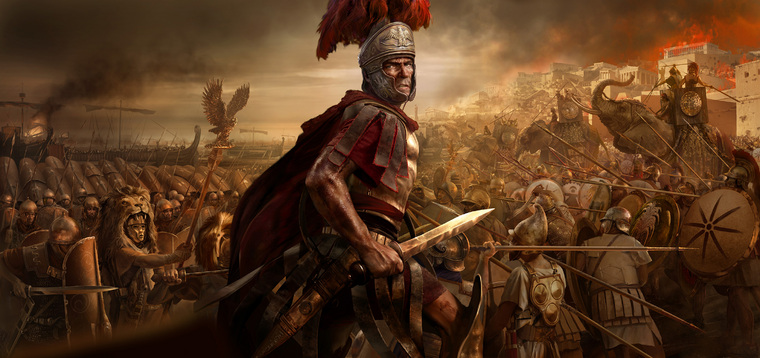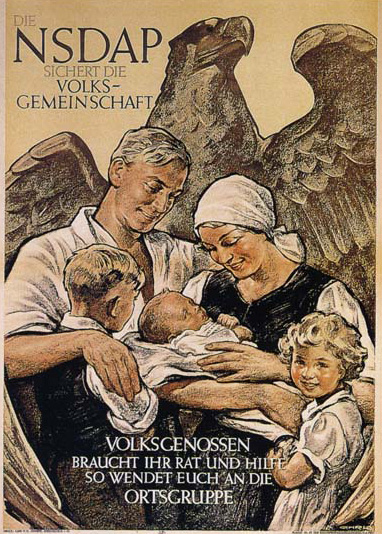So you know how cuckservatives make greater parodies of themselves than White Nationalists ever could? Well, in regards to Christianity, I’d say Christians make better parodies of themselves than Jack Frost ever could. I had a debate with a middle-aged White Catholic on this pathetic National Review op-ed, and at one point, he said that wanting to make the world a better place is the same thing as wanting to usher in Utopia. I countered by asking him why he even bothers commenting on conservative websites like National Review if he doesn’t want to make the world a better place. His response justifies everything Jack Frost has said:
Your question is fair enough. Let’s start with the question you didn’t ask.
“The fact is, you think White Nationalists want to genocide other races because that’s the crap you’ve been taught by the media and the education system (which includes the liberal, anti-white history books).”
I think that genocide is where this leads because I see a lot of passion but not much along the lines of everyday action. I can’t join you in supporting eugenics or physical separation of the races, as under apartheid or Jim Crow. Even if absolutely everything you said was true, there’s very little you’ve explained to me in concrete measures to date that I could support and plausibly call myself a Christian.
If I am to properly submit to Christ it cannot be for the purpose of literally saving my own skin or skin color. This is God’s Creation and I, merely a part of it. Christ commands us to engage God’s world in a certain manner and not demand an outcome to our own pleasing. If the white race is to meant to perish, then to trust in God is to presume that there’s something I don’t understand and that ultimately good will prevail even if I can’t see it right now.
That is not to say that I’ve become a pacifist or am against immediate self-defense. Please don’t take the preceding paragraph as a rationalization for any sort of silliness along those lines. Christ’s life is of sacrifice, but it is not of mindless pacifism, inaction, or pointless sacrifice.
That said, salvation belongs only to those who follow Christ under his rules. Nothing about what you’ve stated about the races to date leads me think there’s any action other than those that would break them.
I’d encourage you to post his above comment on your website, as he succinctly explains everything Jack has tried to explain, and then some!
By the way, I must note here that I believe God exists and that He created White people. I’m not an Atheist, an Agnostic, or a Pagan. In fact, I actually consider myself a Christian. So why do I agree with Frost, and with Nietzsche, in their assessment of Christian Morality?
Because I don’t believe in Sola Scriptura anymore, and because I’ve learned to separate a belief in a personal God with the slave morality articulated by the above commenter. I choose to believe that God loves me, and loves all White peoples, because that keeps me from the abyss of apathy and despair.
If this makes me weak, so be it. I’m sharing this comment because I agree with you, Frost, and Nietzsche that our race needs to break free of this belief that racial self-defense is the worst Evil imaginable, like this guy does.
Sincerely,
D. P.




